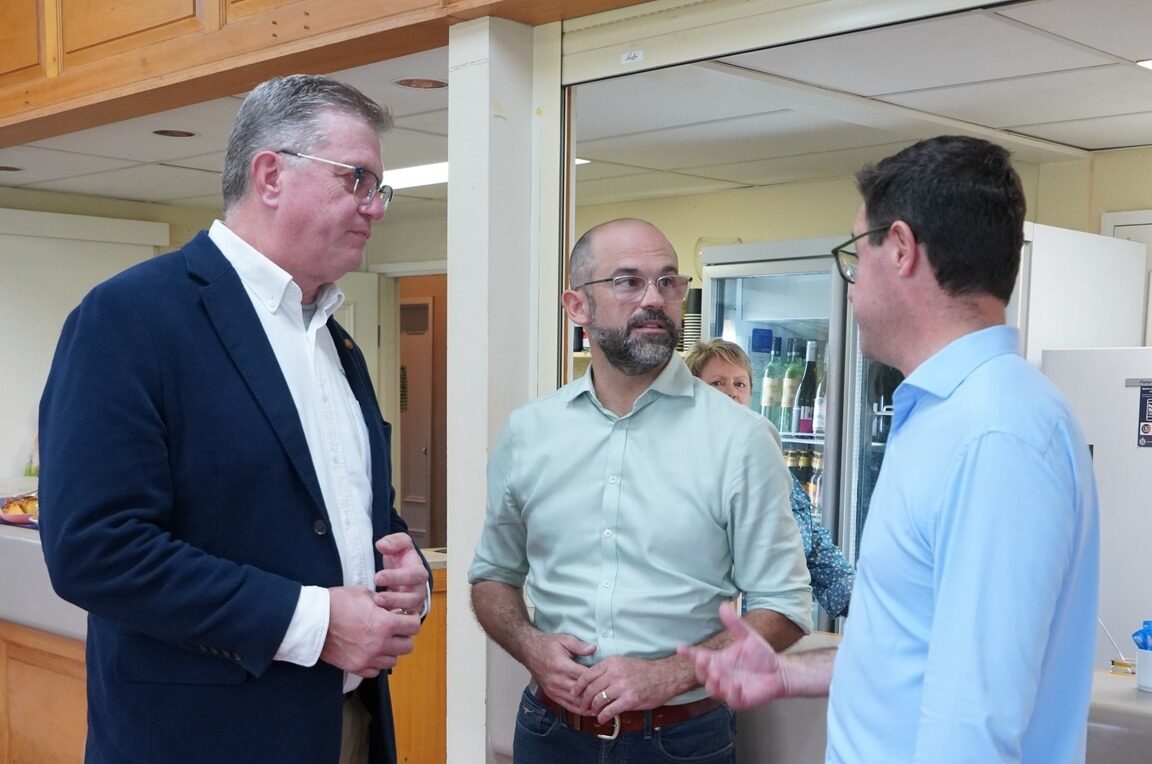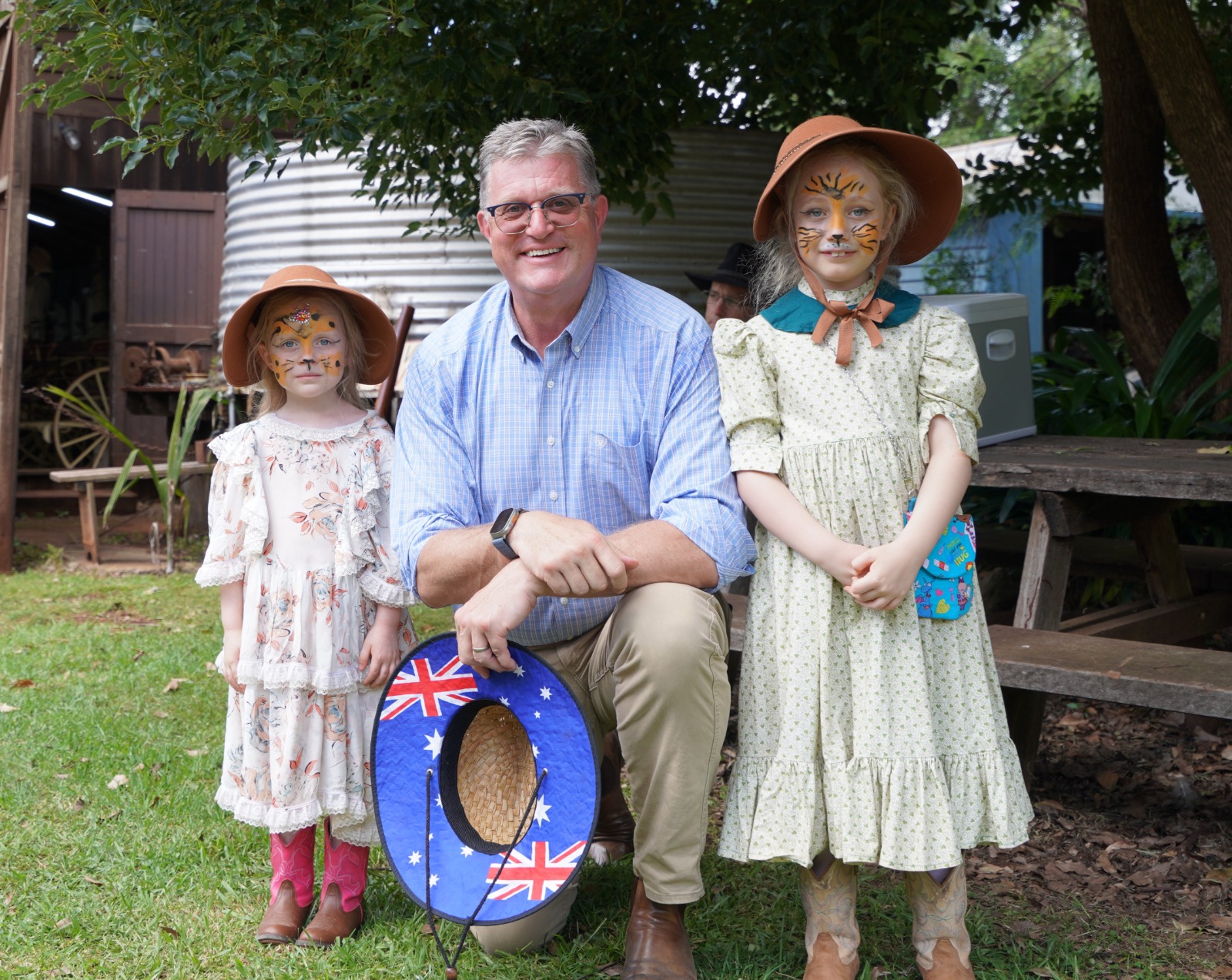Minister for Housing and Public Works
The Honourable Bruce Flegg
Reforms needed to fix social housing crisis
The Minister for Housing and Public Works, Bruce Flegg, today unveiled major reforms aimed at addressing Queensland’s social housing crisis.
Mr Flegg said the number of applications for social housing had increased as housing and rental costs rose.
“There are 30,000 applications currently on the waiting list, with 80 per cent of those from single people or single parents with children,” Dr Flegg said.
The Minister said the maintenance and upgrade costs of social housing stock were also increasing, while rent revenue was decreasing.
“Current figures indicate the social housing system is headed towards a $140 million deficit by 2015-2016,” he said.
“We are acting now to reverse this downward trend and are developing a range of options to do this. These include:
addressing under-occupancy of current housing stock
changing and simplifying rent policy
reducing administrative and maintenance costs
introducing fixed-term tenancies
leveraging our asset base
creating a stronger role for non-government housing providers.”
Dr Flegg said under-occupancy would be the first issue to be addressed.
“We estimate there are more than 8,700 public housing properties that have two or more additional bedrooms than needed by the occupants,” he said.
“It makes no sense for a single person to live in a two or three bedroom house that would be more suitable for a single parent with a child or a family of four.
“We are looking at ways to better match people with properties suited to their needs, and redeveloping ageing multi-bedroom stock to provide higher density, mixed-tenant solutions.
Dr Flegg said that the government had been forced to take a tough stance on those who abuse the system.
“We are therefore implementing an amnesty for social housing tenants who have undeclared household members living with them,” he said.
Tenants have until Friday 27July to notify the Department of Housing and Public Works of any undeclared household member living in their social housing property.
If they do not, two things may happen:
undeclared household members will not be considered when the department reviews under-occupancy, or any transfer to a smaller property, and
tenants housing undeclared household members may be required to pay back rent at 25 per cent of their household income.”
Dr Flegg said the government was engaging with tenants to inform them of this direction and seek input into the proposed solutions.
“More than 50,000 social housing tenants will receive a letter in the next two weeks explaining the current review and crackdown,” he said.
“It’s important for tenants to understand that they aren’t going to be left without a home as a result of this process.
“I understand these are sensitive issues and we are committed to working with tenants to make any necessary changes as easy as possible”.




